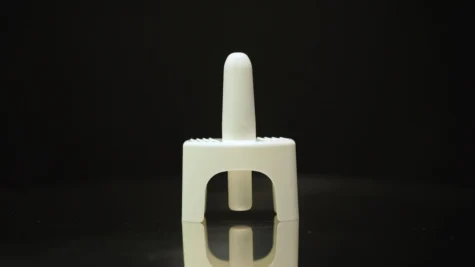Most of the studies around addiction and substance use categorize people into three standard age bands–12 to 17, 18 to 25, and 26 and over. As a result, this may contribute to the common misconception that addiction is more of a “young person” problem. In reality, substance use affects people of all ages, including older populations. According to 2018 data from the National Institute on Drug Abuse (NIDA), nearly one million adults in the U.S. aged 65 and older live with a substance use disorder. From 2000 to 2017, the number of older adults admitted to addiction treatment facilities increased by 203.7% compared to 13.0% among younger adults, and it is likely to continue growing. Addiction doesn’t care how old a person is; it affects people of all age groups. Wondering if you are too old for addiction treatment? You aren’t, and this article will explain why.
Substance Use Can be a Challenge for Older Adults
Aging can present us with unique challenges our younger selves didn’t have to deal with, and it can sometimes lead to increased risk for substance use. Here are some of the more common challenges and contributing risk factors to substance use:
- Chronic pain. While not everyone will experience chronic pain, it is more common among aging populations, and prescriptions for opioids or sedatives can come along with it. These can contribute to an increased potential for drug dependency.
- Social isolation. The likelihood of increased social isolation increases for many people as they age due to retirement from work, reduced physical ability and mobility, and the loss of loved ones. Each of these factors can lead to self-medication as a result of emotional distress.
- Multiple medications. As we age, it is not uncommon to need more medications, and sometimes, this can lead to dangerous drug interactions. Medication misuse or overuse is often not as easily detected in an older person because the signs might be mistaken for normal aging (confusion, memory issues, etc.).
- Changes to metabolism and body composition. Our body processes drugs and alcohol differently and usually less efficiently as we age, setting older adults up for more potential side effects.
These are just four of the challenges and risks that substance use can have for older adults. Early identification, intervention, and, in some cases, age-appropriate addiction treatment are critical to helping older adults manage substance use safely.
Overcoming Barriers to Addiction Treatment for Older Adults
There are barriers to addiction treatment for older adults, but that doesn’t need to be the case. One common misconception is that “it’s too late for older adults to change.” This is an ageist mindset. The reality is that many older adults respond well to addiction treatment, including therapy that helps them process the events of their past and improves their quality of life. This study published by the National Library of Medicine highlights adults 60 years and older who have overcome alcohol use disorder and are achieving successful and happy aging.
Another barrier to addiction treatment for older adults is stigma. Many adults may avoid addiction treatment because they feel shame or worry about being judged by family and friends. Healthcare providers may also overlook the possibility of substance use among older adults because they assume older adults are not susceptible.
Substance use can occur at any age, but no matter how old we are, we deserve recovery and a life of fulfillment. The truth is that we are never too old for addiction treatment. If you or a loved one might be struggling with addiction, reach out for help today. You don’t have to do this alone.

Addiction Treatment at Southern Sky Recovery
You are not too old for addiction treatment! Our treatment center, Southern Sky Recovery, in Bluffton, South Carolina, provides various treatment options that can be tailored to your individual needs. Whether you are looking for the structure of a partial hospitalization program (PHP) or an intensive outpatient program (IOP), we offer evidence-based therapies and personalized treatment plans designed to support lasting recovery. Our team of experienced, compassionate addiction treatment professionals is here to help you on your journey. Contact us today to learn more.
FAQs About Age and Addiction Treatment
Are You Too Old for Addiction Treatment?
There is no such thing as “too old” for addiction treatment. Addiction can affect all of us at any stage of life, and treatment is effective no matter our age. Many older adults are successful in treatment because they may be less busy, often have fewer distractions, and have a strong motivation to improve their quality of life. Treatment centers are also getting better at acknowledging the needs of older adults. They can tailor their treatment to challenges older adults often face, such as grief or chronic health conditions.
Will Medicare or Insurance Cover Addiction Treatment?
Medicare and many health insurance plans will cover addiction treatment when determined “medically necessary.” This includes many forms of treatment, including counseling, inpatient rehab, detox, and medication-assisted treatment (MAT). The specific coverage will vary by plan and by your needs. Check with your insurance provider to verify what could be covered. Treatment centers can often assist with coverage-related questions, and they may offer financing options or other resources to help with costs.
Will I Be in a Treatment Group With Much Younger People?
This depends, but not necessarily. Some treatment centers and rehabs have programs with a wide age range of participants; others have started offering age-specific programs and sessions for older adults. A benefit of this is that participants are more likely to share experiences and challenges with peers in a similar life stage. If you start exploring programs, a great question to ask is if they offer dedicated support to older adults or if they have any other approaches to different populations. Treatment works best when participants feel comfortable, so don’t hesitate to ask questions when researching your options.
Is It Safe for Older Adults to Detox?
Yes, detox is safe for all ages when conducted under medical supervision. For older adults, a professional detox is recommended because of the changes in the way that our bodies metabolize substances as we age. Older adults are also likely to have medications for chronic conditions or perhaps more medications in general, so letting a professional supervise detox is a much safer option than trying to detox on your own. Having the oversight of a medical professional can ensure symptoms such as nausea, insomnia, high blood pressure, and anxiety are managed safely. Medical professionals can adjust medications in real-time, help with hydration, and provide reassurance. If you are considering detox, try to find a licensed detox center with experience and the personnel needed to make it a more manageable experience. Alternatively, some recovery centers offer at-home detox therapy programs for people who qualify.



